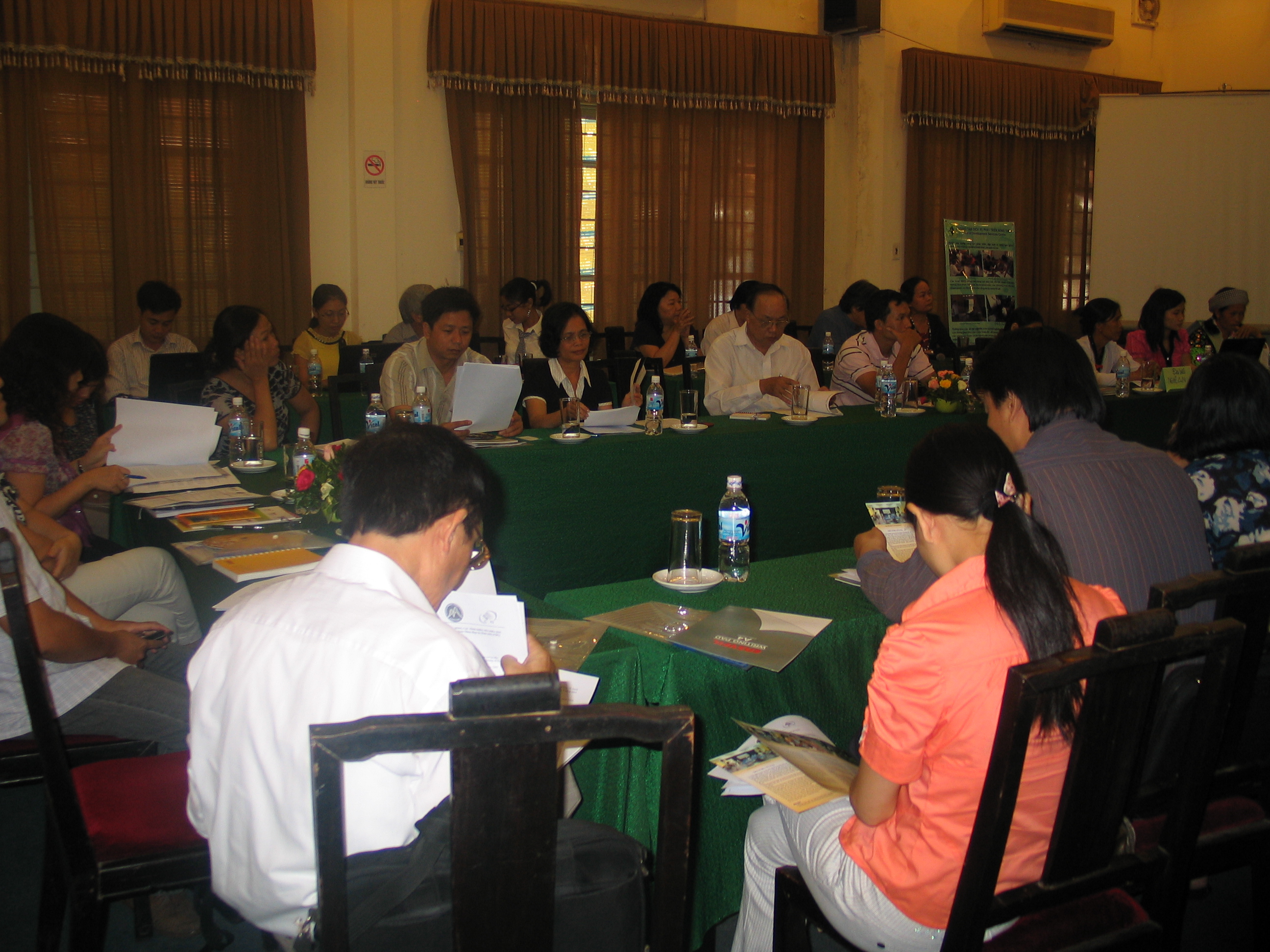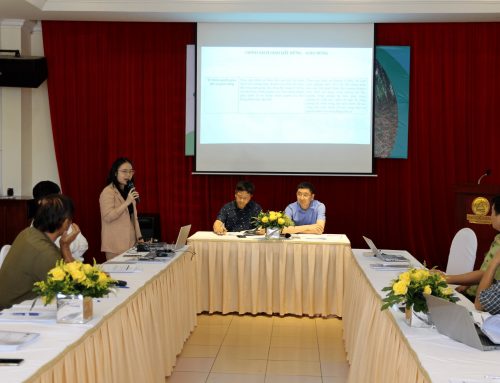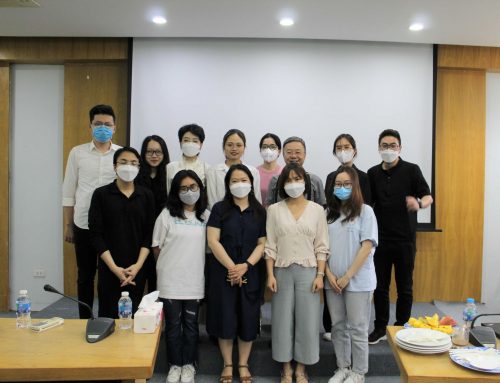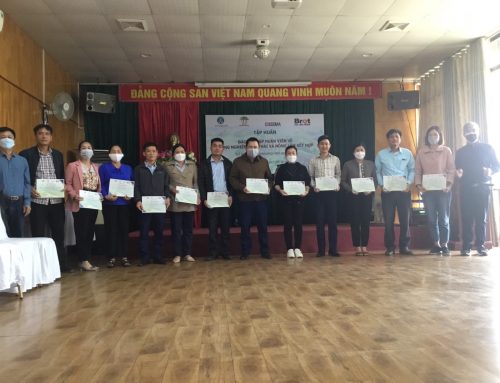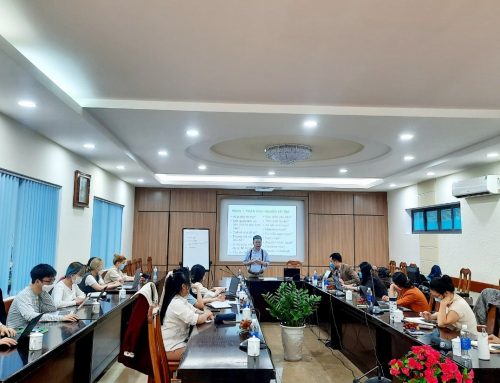Hanoi – On 17/10/2014, the Consultative Institute for Socio-Economic Development of Rural and Mountainous Areas (CISDOMA) co-operated with Land Alliance (LANDA) to organize the seminar Ensuring the right to having both names of wife and husband on land use right certificate (LURC) under the Advocacy Coalitions Support Program managed by Oxfam and funded by Department of International Development (DFID – UK). The seminar was attended by 80 representatives from State agencies, donors, socio-political organizations and non-governmental organizations, 26 of whom coming from media agencies.
Tran Thi Minh Chau, survey team leader, shared the results of the survey Ensuring the rights to having both names of husband and wife on LURC, which integrated human rights-based approach and touched on the following issues: Recognition of women’s property rights in international laws and the laws of Vietnam; Public and authoritative awareness of the rights to using LURC with both names of wife and husband at local level; The responsibilities of State agencies in enforcing land access for women; and The consequences of inequality in land access.
Next, Tran Thi Duc Hanh from Oxfam’s consulting group presented the results of another study. She discovered that the public had not yet thoroughly understood the purposes, content, implementing procedure, and benefits of LURC with both names of wife and husband policy.
Concerning women’s access to forest and forest land, Nguyen Thi Quynh Anh from Centre for Social Research and Development, a member of Forest Land Alliance (FORLAND), shared some initial findings from the research “Gender Mainstreaming in Forest Protection and Development Law.” She said that although legal documents relating to forest and forest land, specifically Forest Protection and Development Law, was gender neutral, gender mainstreaming had not yet been properly promoted in the use, management, and development of forest. Likewise, the role of women in decision making process in forest management was undermined. In addition, she said that women’s access to and control of forest resources was limited due to the prohibition of harvesting non-timber forest products by current law, as well as the traditional view of the feminine gender role.
Evaluating the researches presented, Pro. Dr. Sc. Dang Hung Vo, former Deputy Minister of Ministry of Natural Resources and Environment and senior adviser of LANDA, said: “These studies have integrated innovative approaches and focused more on policy advocacy, aiming at protection of human rights, land use and forest access for women, as well as the rights to use forest as living space for women and ethnic minorities through policy advocacy. In addition, they have analyzed current situation of women’s rights protection, and provided valuable recommendations to improving legal documents relating to gender issues.”
Thanh Nha
